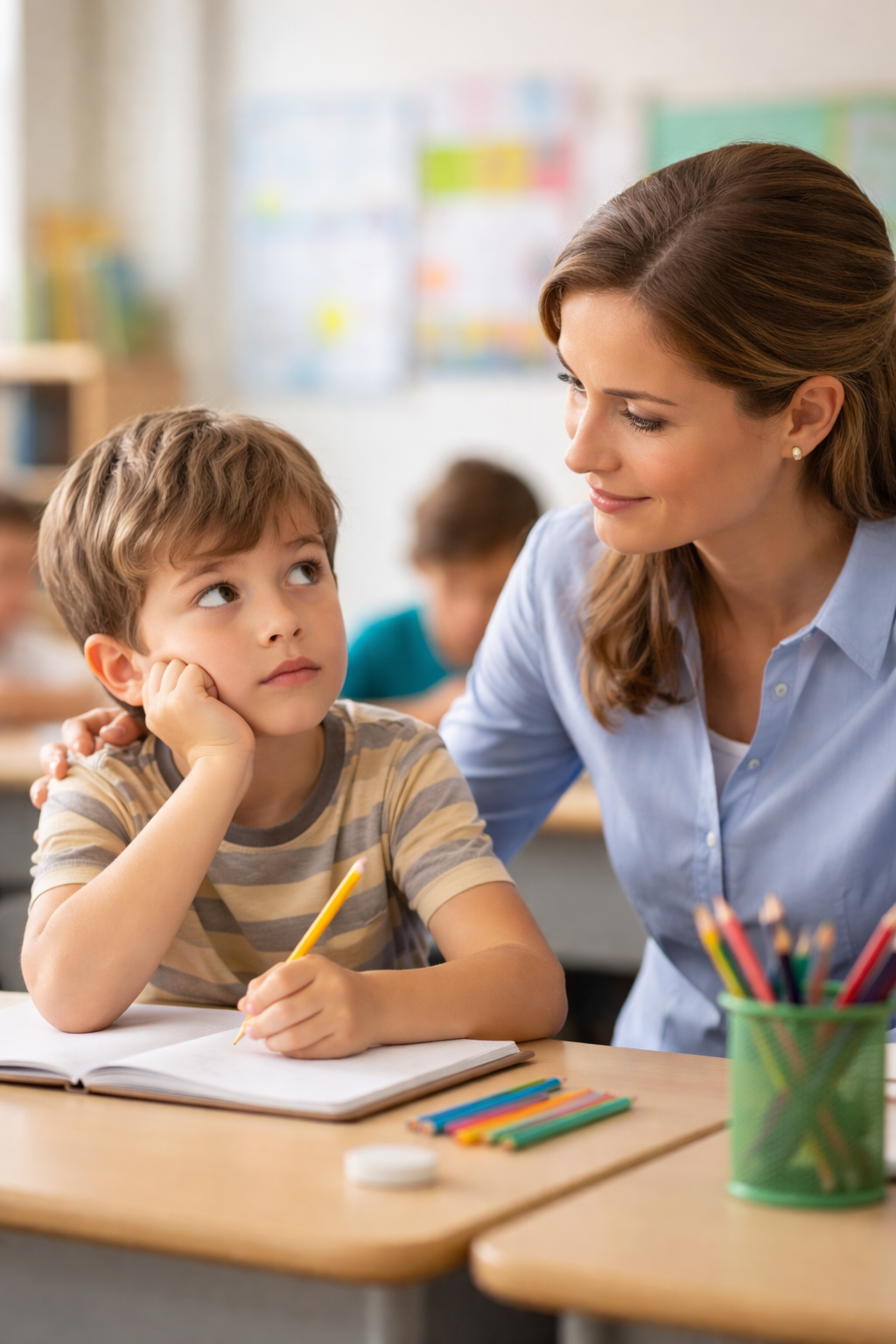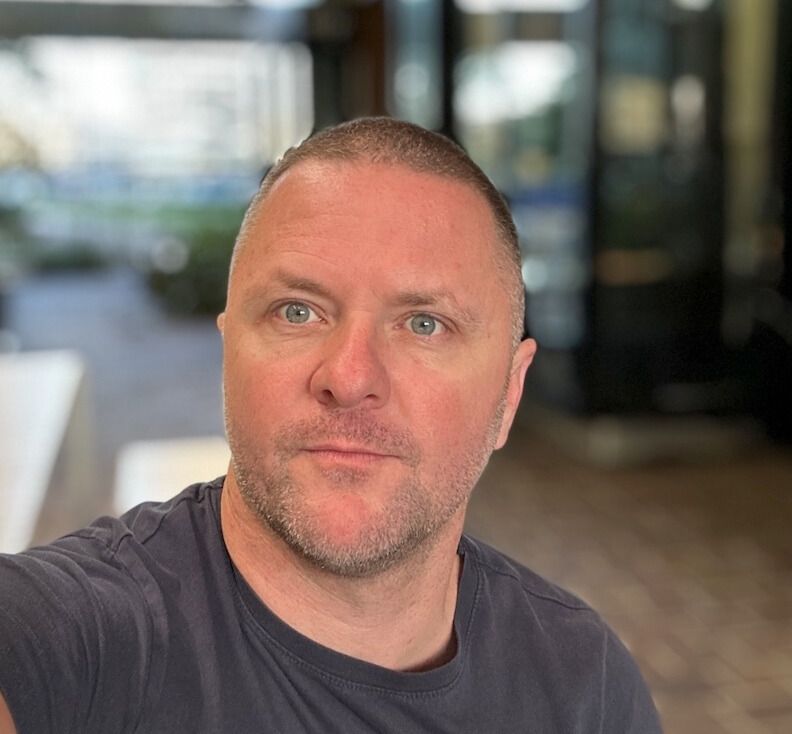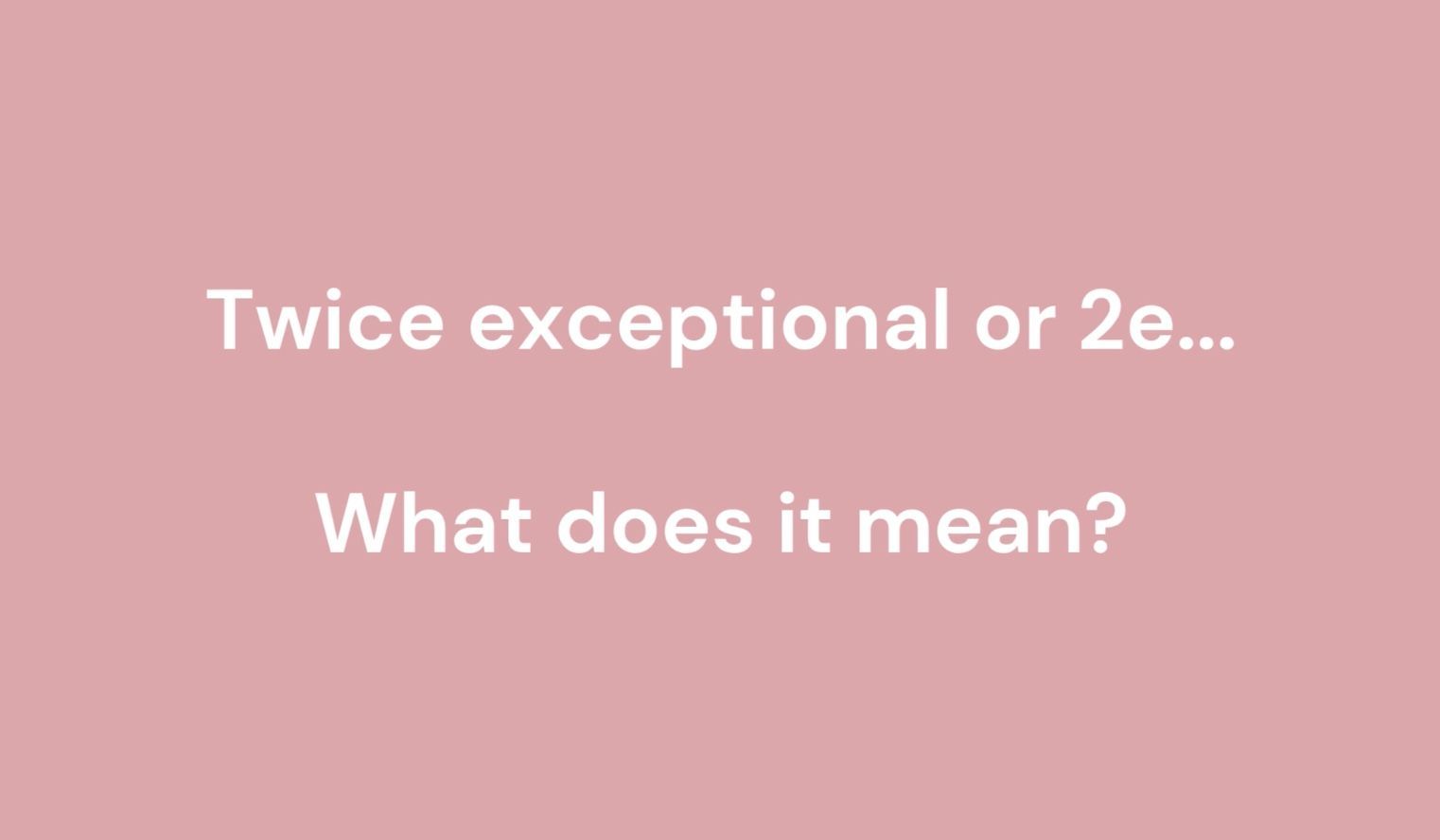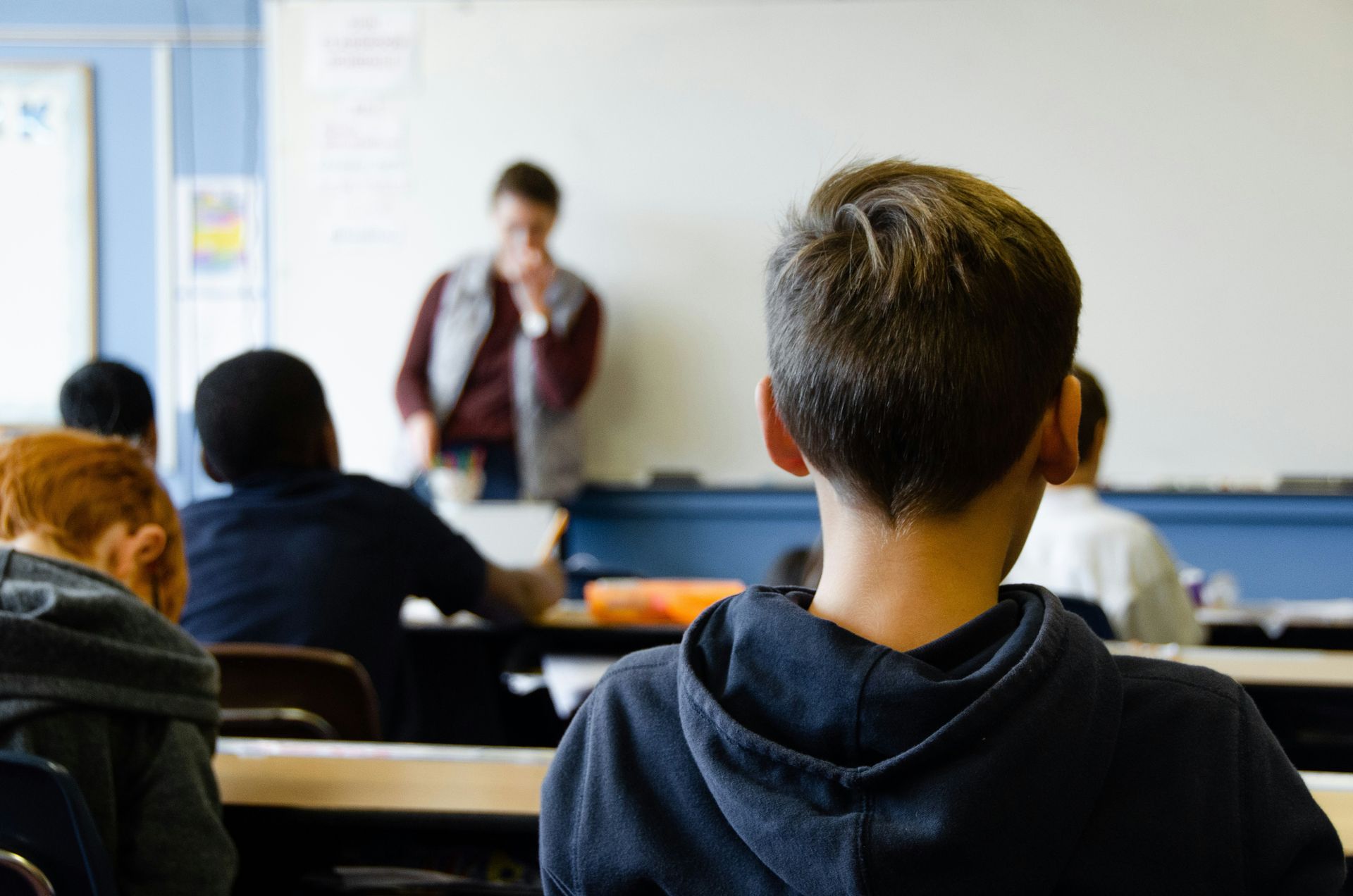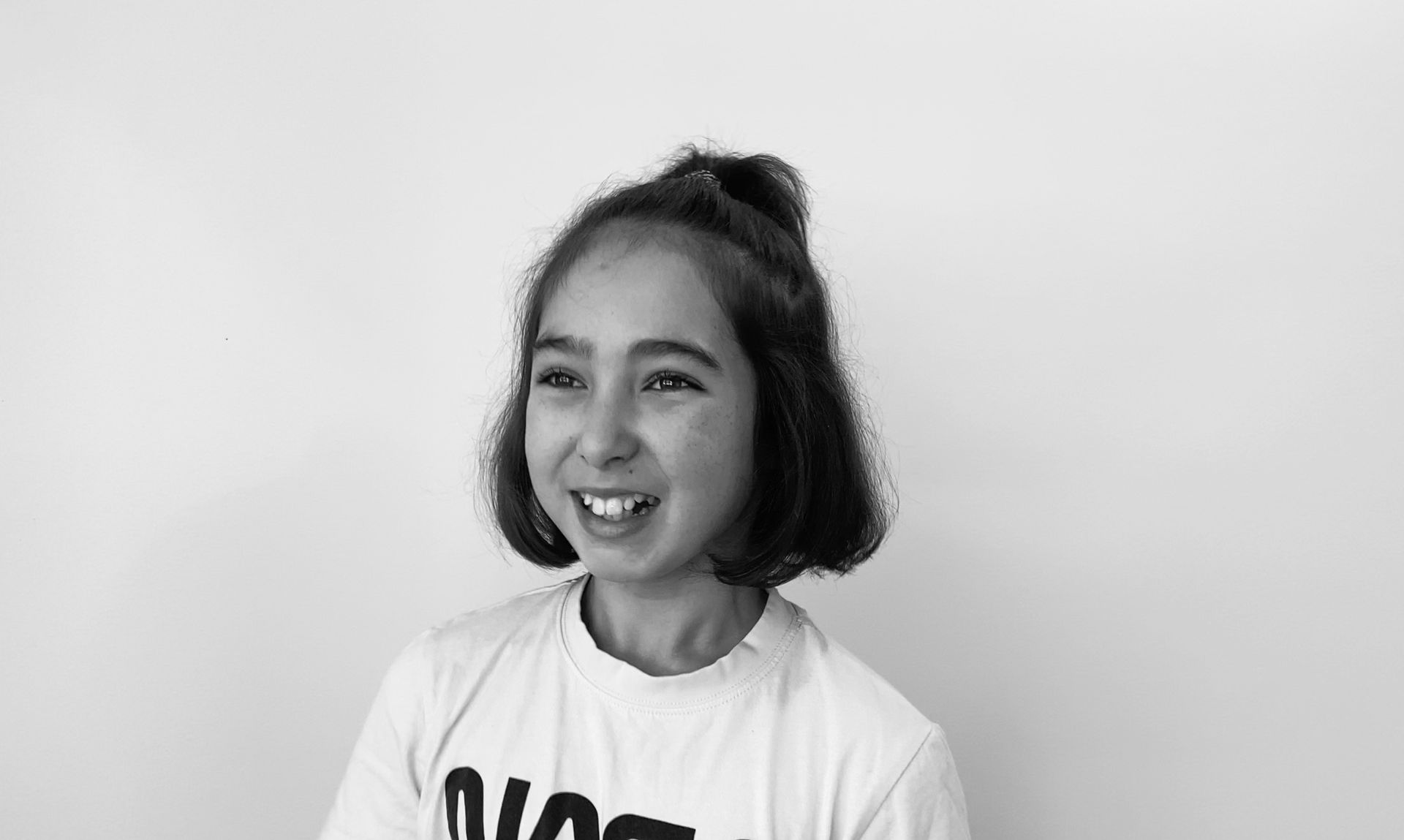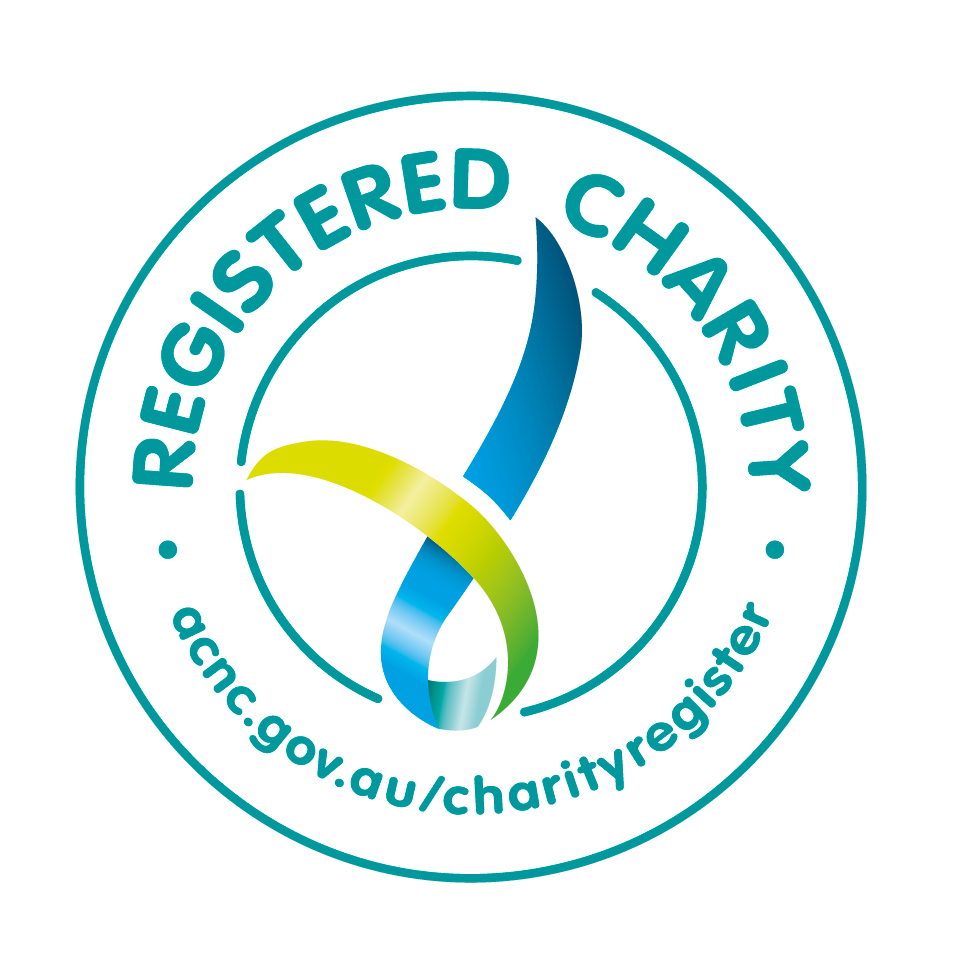The intersection between challenge and wellbeing at school
“I thought the work would get harder when I started high school. That’s what I’ve been waiting for, for years. But it’s just the same stuff all over again.”
“I’ve been in Kindy for ages, when will I learn how to write?”
“The girls in my class are friendly, but I can’t talk about quarks and antiquarks with them because I want to fit in, and they just want to talk about boys and singers. I haven’t found anyone yet who I think will want to talk to me about quarks, maybe I never will.”
“I’m in the top group for spelling, but I’m not very good at it. I got two words wrong on my last test but I only started crying when I got home and sat on the trampoline. The trampoline is where I sit when I’m sad because I didn’t get 100%.”
“I didn’t learn anything at high school and the teachers all hated me because I disrupted all the classes, but still averaged 95% on all my tests. I would just read the textbook at the beginning of the unit and then I’d learned it all, so I didn’t need the teachers. I’m a cardiologist now, but still get angry when I think about my high school experience. It was all such a waste of time.”
These are actual quotes from gifted adults, children and adolescents, and all of them point to the connection between being challenged at school and wellbeing. All too often, gifted students are unhappy and experience school as place where:
– nothing new is learned,
– they are asked to revise and practice knowledge and skills they have long mastered,
– they have no intellectual peers,
– no-one is interested in their area of passion, or
– where failure is terrifying because they have never been challenged and so never experienced it.
These are the students at risk of questioning their own identity, underachieving, and seeing school as a place of boredom, frustration and a sense that they are nothing more than a number in a relentless system.
In order to maintain engagement and see the value in their education, on a daily basis, we must:
- Pre and formatively assess students to determine prior knowledge and avoid students practicing and repeating skills, knowledge and understandings they have already mastered.
- Make sure students are not asked to complete ‘core’ work before they can access the work that is genuinely at their level and will offer challenge. Gifted students often experience years of being ‘rewarded’ for completing their work by being given more, and over time they become demoralised or learn to avoid the extra work by finding ways to waste time.
- Avoid asking the strongest students to mentor, coach or teach other students. Teachers often do this with the rationale that this helps both students. In reality, neither the weak nor the strong student benefit from this arrangement. It is important to remember that our brightest students deserve to be learning new material rather than being a substitute teacher, just as other students expect to do every day.
- Avoid asking students to catch-up on missed work if they are out of the classroom to access extension work. This is especially true if the missed work includes unnecessary practice and repetition!
- Design learning tasks that have genuine challenge based on what is known about a student’s prior knowledge. Challenge can come from posing abstract and complex questions rather than low-order repetition or retell. Challenge can also come by giving students the work they are ready for including accelerative options.
In my role as an Education Consultant I see many teachers and schools who are doing a wonderful job of ensuring their gifted students are challenged, including those who may be underachieving or twice-exceptional. Nevertheless, we need to improve our consistent practice across Australian schools and sectors to ensure that our brightest minds see the value of school, that their time spent at school genuinely does have value for them, and that as a result of their school experience they are confident, self-aware, resilient learners and problem-solvers.
by: Kylie Bice
Disclaimer: The views and opinions expressed in this blog are those of the author and do not necessarily reflect the official policy or position of the AAEGT.
Share this resource
Resources
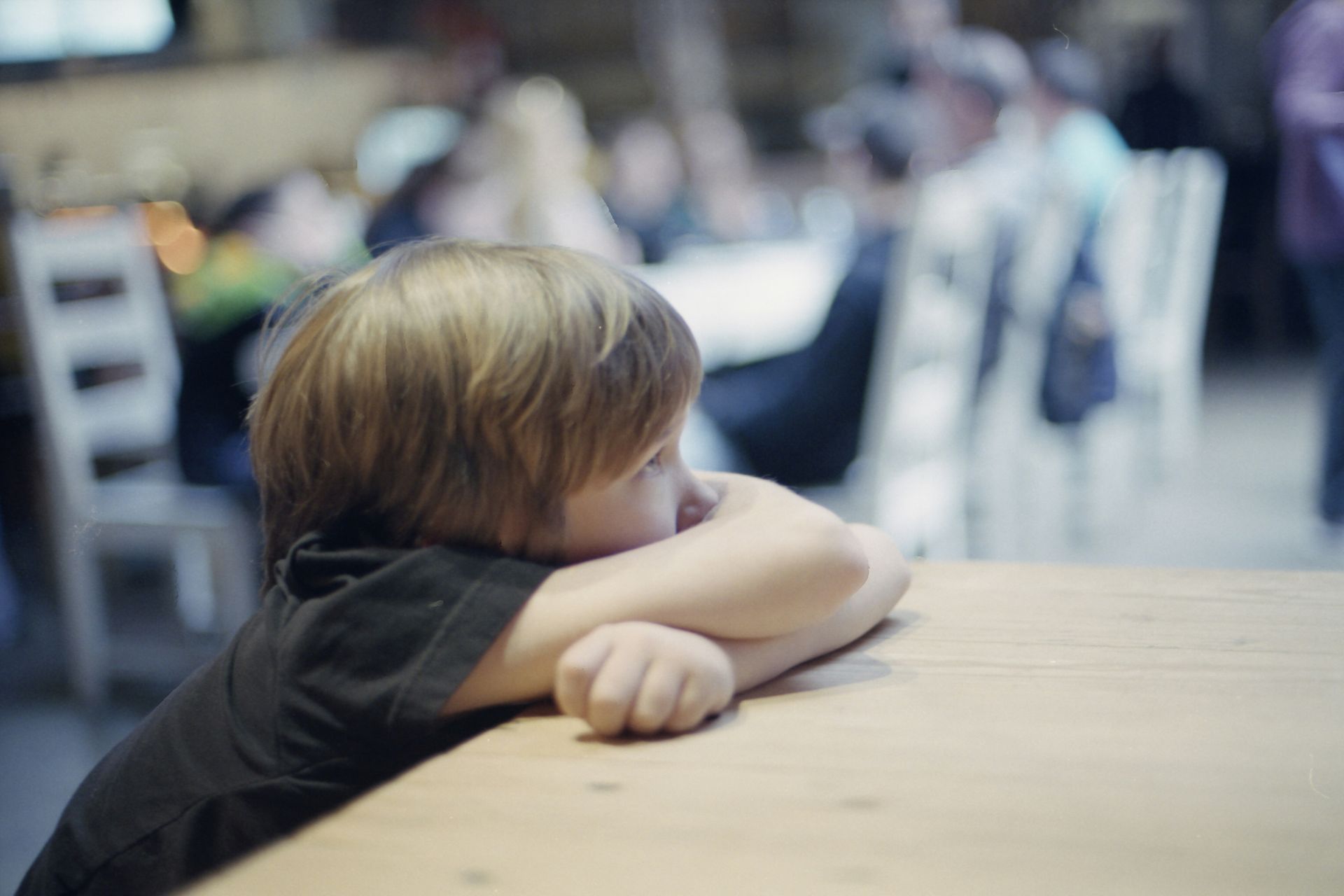
The constant search for wellbeing and happiness is one that might be familiar to many gifted families. Here is the story of one gifted child, and all that it took to find happiness. "We knew really early that they were gifted,” said their mother Deb. They actually taught themself to read at two and a half. But back then, I still didn’t actually know anything about giftedness.” "We had them tested before starting school and it came back that they were profoundly gifted," said Deb. "And that’s when the struggle started." Adding, “I think I called every school in our area. A few even admitted that they would not be able to cater for them”. The family decided on a school that said they could support gifted children. "We chose one that said, 'Yes, we can do this, we can do that.’ “We did have a lot of separation issues at preschool, and that was just an indication of what was to come. We didn’t realise at the time it was because they were so bored," said Deb. "They just didn’t want to go." To help with the separation anxiety, in term 4 of the year before they were due to start school, Deb's child went to school just a few mornings a week to help with the transition. After two weeks however, the inclusion teacher told Deb that they would need to go to grade 1 instead of prep as they were just so far ahead. So they commenced getting them enrolled in Prep full time for the remainder of term 4. Deb said, “The big problems began once they’d started grade 1. The teacher didn’t understand about their level of giftedness at all.” “We had kicking and screaming trying to get them to school because they were so disappointed that it wasn’t what they thought it was going to be,” she said “Even when they were doing the transition days in Prep, I remember they came home one day saying “I’m so stupid. I’m so dumb. I’m trying to talk to the kids about the periodic table, and they don’t want to have anything to do with it anymore because they’re past that now.” I had to explain that the other kids probably didn’t know what the periodic table even was’, Deb recalled. Throughout grade 1 Deb tried advocating for another grade skip. Further testing revealed they were working at a grade 3 level, so it was no wonder they didn’t want to go to grade 1, but the school didn’t want to do another skip, said Deb. “I was trying to work with them, offering to help any way I could, but it was like every meeting I went into they were straight on the defensive,” she said. “By the end of grade 1 we knew we weren’t getting anywhere, so we moved schools to an independent school with a philosophy that children’s class levels shouldn’t be dictated by their age,” said Deb. Deb explained that year two started out great at the new school. The teacher understood and she was a high school trained teacher so was able to extend them. At lunch times they were hanging out with year 10, 11 and 12 students (supervised in the library) so they were able to have conversations with older kids about their favourite subject - chemistry. However, half-way through year three the problems started again. “They got a new classroom teacher, who just did not get them, so it was back to refusing to go to school.” “I was standing outside the classroom for two hours trying to get them to go into the classroom,” Deb said. “At this point we had a discussion with Michele Juratowich, a gifted education consultant, who basically told me that I’m not going to find a perfect school for them because they don’t exist.” “The biggest thing Michele told me that I really took on board was that we needed a school with flexibility,” said Deb. “Michelle said that when you get to the kids that have IQs over the 140s they really need a school that’s flexible and willing to work with the family.” “So the school search started again!” “That’s when I had discussions with Capalaba State College. They allowed us to have a flexible arrangement where our child would attend school four days per week and then attend an external one-day program for gifted children.” Deb told us. It was then that Deb introduced their school principal to the lead educator of the one-day program. “The program eventually relocated to our school, and seeing the need and increasing numbers it eventually morphed into the current High Capacity program”. Once our child was in this gifted program they really started to take off. They were radically accelerated several years ahead in maths and science and were even able to do subjects with the high school classes. The timetabling was complicated, but the school always did what they could to make it work, and didn’t shy away from allowing them to accelerate through the subjects they needed much more challenge in. Then at the end of year 8, at 13 years old, they decided they wanted to sit the American College Board SATs for fun, where they essentially scored the equivalent to about an ATAR 89. This allowed them to actually enter some university courses. So at this point they applied to study a Bachelor of Science in Physics at the University of Southern Queensland and was accepted. They did a couple of subjects and did well, but unfortunately they didn’t like the online study, so at the age of 14 they transferred across to Griffith University, where they could study on campus. This they love! They still go to high school for the social development and having the opportunity to do elective subjects, and they go to university for their love of learning in their passion area, and they are enjoying the social interactions as well. For anyone reading this, thinking this all sounds so complicated! We asked Deb, why? What are the benefits? Her answer? – mental health. “The benefit is mental health – and that’s all we’ve always strived for,” said Deb. “They aren't bored by what they're doing now, whereas if they were still back in their year level we’d have that boredom, the behaviour and the school refusal. They would be miserable,” she said. “Our biggest goal is always happiness – are they happy?,” Deb said. Adding, “schools do have their own duty of care as well, to create well rounded students, and for gifted kids this isn’t going to be possible if their intellectual health isn’t being developed alongside their emotional health.” “These kids have this advanced cognitive ability, and most of the time their social / emotional ability is either age appropriate or years above as well,” said Deb. “We might not think it sometimes because they can come across as younger, but I realised they understand and take on so much more than we might realise and generally appear younger or more immature when they are trying to self-normalise or fit in with their age peers’, Deb explained. “That’s why allowing them to connect with both intellectual peers and social / emotional peers is so important,” Deb concluded.
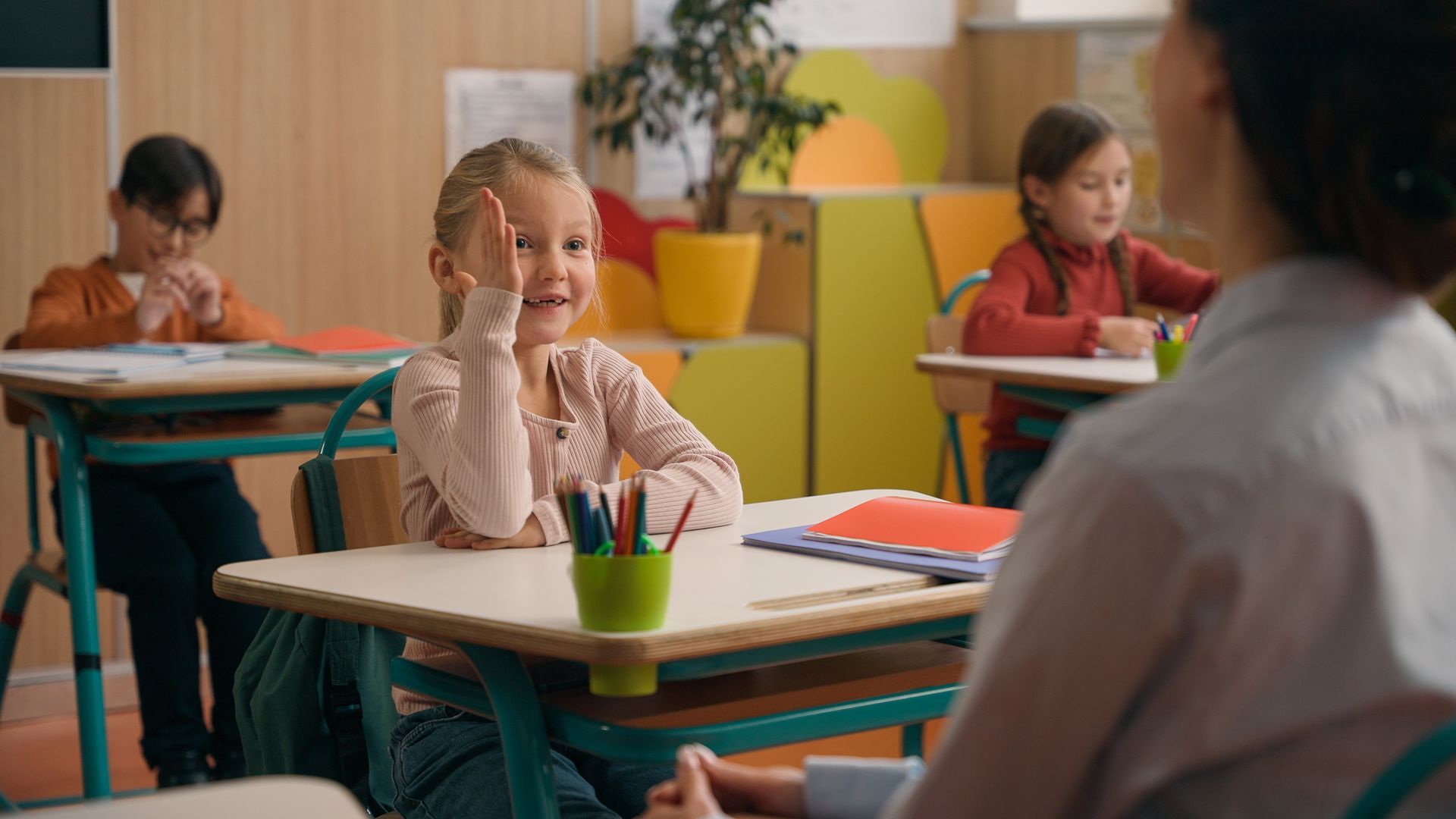
By Dr Kate Aster (Burton) Gifted Awareness Week always makes me reflect on the long road we’ve travelled. It’s been a 22-year journey for me, both personally and professionally, shaped entirely by my child’s experience of being twice-exceptional in a world that didn’t know what to make of them. Like so many 2e kids, mine didn’t present the way schools expected. Yes, they were gifted. That part was obvious. But they were also anxious, highly sensitive, perfectionistic, and completely disconnected from their peers. In a classroom surrounded by same-age students and held to grade-level expectations, they were bored, overwhelmed, and starting to shut down. At home, we watched their spark dim. And yet, when I tried to advocate, not only as a parent but also as a PhD candidate specialising in giftedness at the time, no-one would listen. Not really. Every conversation felt like a dead end. Every meeting felt like it was designed to 'contain' rather than support. I was advocating relentlessly, but it was exhausting and isolating. The system just wasn’t built to respond. Then one teacher changed everything. We were lucky. Really lucky. We had all but given up. We were home schooling, when a chance phone call I made while looking for a mentor, resulted in finding someone who saw our child clearly and who was brave enough to do something about it. This teacher didn’t wait for permission. They advocated internally, organised the right assessments, and helped facilitate radical acceleration into a gifted and talented program. That decision shifted everything. Finally, our child was with peers who thought more similarly to them. They were more intellectually engaged. They received more challenging work. They entered competitions. And that challenge helped reduce their perfectionism, while the social connection improved their mental health - immeasurably. They began to feel seen and safe, and their confidence grew. They went on to graduate high school three years early - with distinction. They completed university three years early, and then received First Class Honours. Not because we pushed them, but because they were finally allowed to work in a way that suited their developmental readiness. They joined clubs, sat on committees, found their voice. All of these things that once felt completely out of reach when they were stuck at grade level and drowning emotionally. In primary school, the focus was on surviving the day. On keeping our child in one piece. This experience didn’t just change their life. It changed mine too. At the time, I wasn’t yet working in mental health. I was just desperately trying to get the system to see my child. The trauma of that experience became the catalyst for everything that followed. I completed a PhD, began publishing in the areas of giftedness and neurodiversity, and eventually became the Clinical Director of a specialist clinic supporting these children and their families. I also founded Gifted WA, nearly ten years ago now, because I didn’t want other families to go through what we did. I wanted to build a community. I wanted parents to be equipped to advocate effectively. And I wanted educators and professionals to truly understand the complexity and potential of these children. But here’s the thing: we should never have had to fight that hard. In Western Australia, we do technically have a Gifted and Talented in Public Schools Policy, but it is primarily made up of guidelines. Implementation varies widely across schools. The outcome often comes down to whether a particular teacher is willing to listen, to learn, and to act. This is why this year’s Gifted Awareness Week theme, “From Policy to Practice”, matters so much. Because even when a policy exists, if it is optional or inconsistently applied, it fails to protect the very students it’s meant to support, and families will continue to burn out trying to secure the most basic accommodations. What happened for my child should not be the exception. It should be the standard. When we get it right, when teachers and parents and professionals come together with shared understanding and a willingness to act, these students don’t just survive. They thrive. And it’s time we made that the norm. About the Author: Dr Kate Aster is the Clinical Director of Alchemy Therapy and founder of Gifted WA and My Neurodivergent Child. With almost 20 years of research experience and a decade working as a mental health professional, Kate combines clinical expertise with lived experience. She is dedicated to advocating for systemic change in gifted education and helping families and professionals meet the complex needs of twice-exceptional children.

Rhiannon Lowrey Ever tried explaining “twice exceptional” (2e)? Think of a student’s mind as a garden. For a neurotypical brain, it’s like a beautifully organised, formal garden—paths are clear, easy to navigate, garden beds are separate yet harmonious, everything flows. In contrast, a 2e mind - one that is both gifted and disabled, it is like a wild garden: overgrown in places and seemingly unkempt, not always a clear path, but full of surprising treasures once you venture inside. Though it may not look perfectly pruned, it’s just as rich in growth and wonder—just a bit more challenging to navigate. Both gardens are equally beautiful in their own unique way!
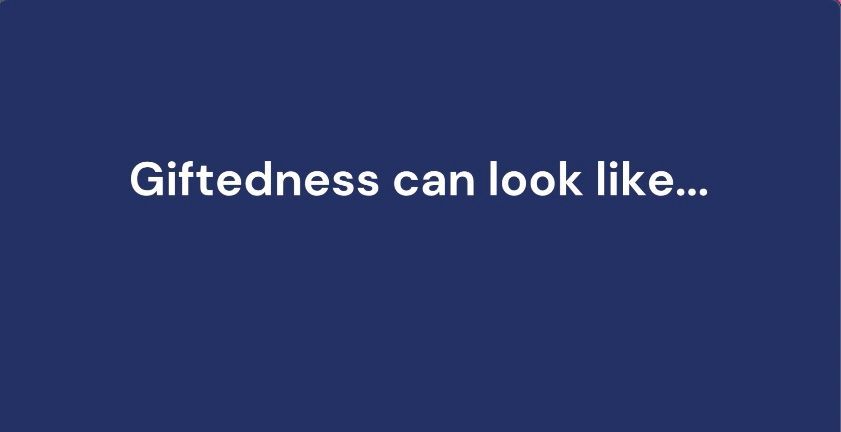
If you're involved in supporting gifted children, it's important to understand asynchrony - also known as asynchronous development. The video below is just an example of what asynchrony can look like. Some research indicates that asynchrony can be more common, or more pronounced, in highly to profoundly gifted children. However it can occur to differing degrees, and each child is different. Take a look at this video, and resources from the National Association for Gifted Children (NAGC) and the Davidson Institute .

